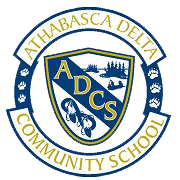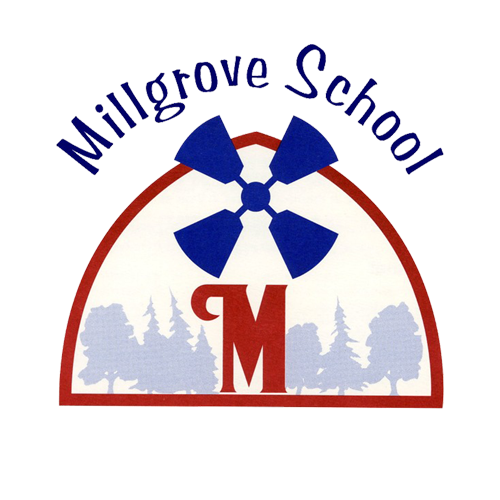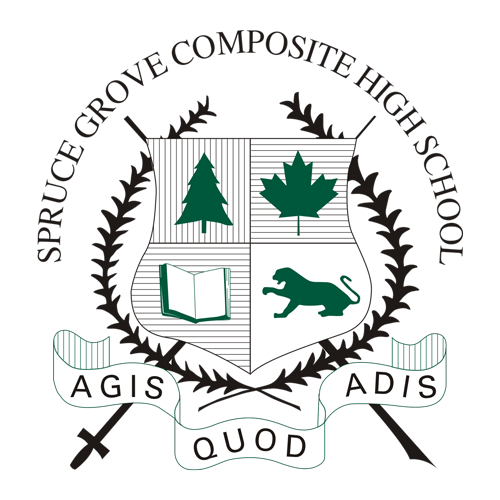AP 362: Intervention Services
Organization & Culture
Background
Occasions may arise when an employee believes that a student requires "Intervention Services" as defined in the Child, Youth and Family Enhancement Act.
Any person (including a member of staff) who has reasonable and probable grounds to believe a child has been abused or neglected, or is at substantial risk of same, is legally required to report the matter to Children and Family Services.
The Child, Youth and Family Enhancement Act provides protection from legal action against a person making a report unless the reporting "is done maliciously or without reasonable and probable grounds for the belief."
Procedures
1. The Principal and staff shall annually review the procedures related to referrals to Children and Family Services, for those students who may require intervention services.
Referral Process
2. If a school staff member is satisfied that there are reasonable and probable grounds to suspect a child is abused or neglected, or that the child is at risk of either abuse or neglect, the staff member is required to report these concerns to Children and Family Services.
3. For the Parkland School Division area, staff shall utilize the following intake contact number:
1-800-638-0715 | The 24 Hour Child Intervention Intake and Response Team
4. Staff who submit a referral that indicates that a child or family requires intervention services are advised to record the date and time of the call and the name and position of the Child Intervention Practitioner who accepts the referral.
5. As part of the internal process for Children and Family Services, a Child Intervention Practitioner conducts a necessary telephone interview with the PSD staff member who made the referral,
5.1 The Child Intervention Practitioner will ask the referring staff member a series of questions;
5.2 Staff shall respond, without bias, and provide clear responses to the questions asked by the Child Intervention Practitioner; and
5.3 The Child Intervention Practitioner will likely not be able to share any information on the children or family, and the sharing of information shall, therefore, not be expected by a staff member.
6. A staff member's duty to report a child or family in need of intervention services is not fulfilled until that staff member makes the referral to Children and Family Services; and
6.1 Referrals may be kept on file by Children and Family Services for a period of ninety-nine (99) years.
7. The staff member shall advise the Principal or designate regarding any referral that has been made to Children and Family Services.
7.1 Any reports or records created by a school division or school relative to children considered to need intervention services, and which are under the custody and control of a school division, may be subject to disclosure under the terms of the Access to Information Act (ATIA).
The Investigative Process
8. Upon arrival at a school, the Child Intervention Practitioner, or police officer, will check in at the school office, offer appropriate identification to school staff, and shall provide the Principal or designate with a business card or other appropriate contact information.
9. With respect to Children and Family Services specifically, the Child Intervention Practitioner shall be responsible for:
9.1 Determining whether the child requires further intervention services;
9.2 Contacting the police if a criminal investigation is required; and
9.3 Coordinating a response with other agencies, if necessary;
10. It shall be generally understood that a Child Intervention Practitioner, or police officer, may engage in private student interviews at the school site as deemed necessary by Children and Family Services, or law enforcement and, specifically, in instances where the imminent safety and welfare of a student is in question.
11. Within the context of their responsibility for the well-being and care of students in a school, staff are to facilitate the Child Intervention Practitioner and/or police officer’s access to students for the purposes of determining if a child requires intervention services;
11.1 An appropriate office or private space shall be provided for the interview;
11.2 School personnel are expected to co-operate fully with the request; and
11.3 It shall be the responsibility of the Child Intervention Practitioner, or police officer, to notify the guardian(s).
12. Any investigation by Children and Family Services is the sole responsibility of the Child Intervention Practitioner who may, where appropriate, be assisted by peace officers or the police:
12.1 School staff shall not assume any investigative responsibility; and
12.2 Staff may offer support to the student, but shall refrain from seeking further information to confirm suspicion or clarify disclosures.
13. Notably, school personnel are typically not required to participate in the interview process, and school personnel who are present in such interviews could potentially be subpoenaed to provide court testimony;
13.1 The Child Intervention Practitioner, or police officer, shall determine the appropriateness of having a school representative present during the interview.
14. In the event a child's return to home from school is delayed because of an investigation, it is the sole responsibility of the Child Intervention Practitioner, or police officer, to make every effort to contact the guardian(s) and make appropriate plans for the child’s return to home;
14.1 For clarity, school personnel shall not assume this responsibility.























